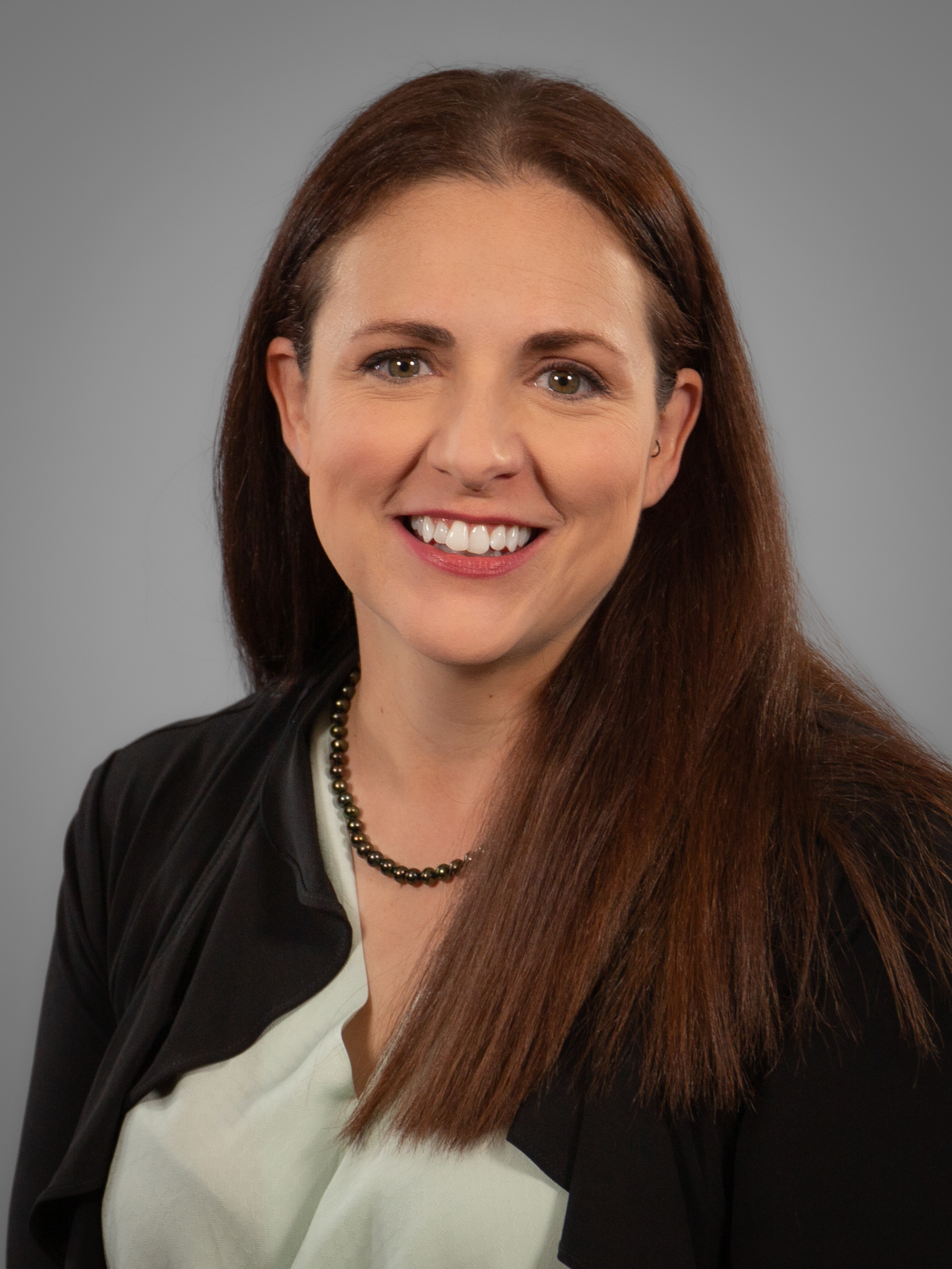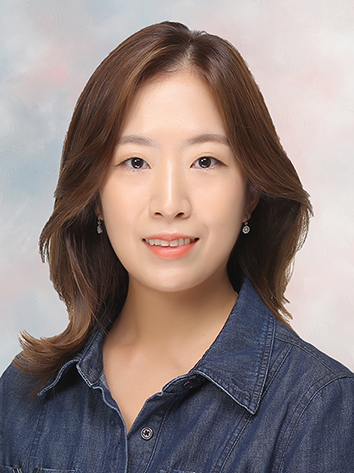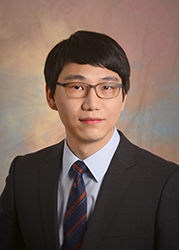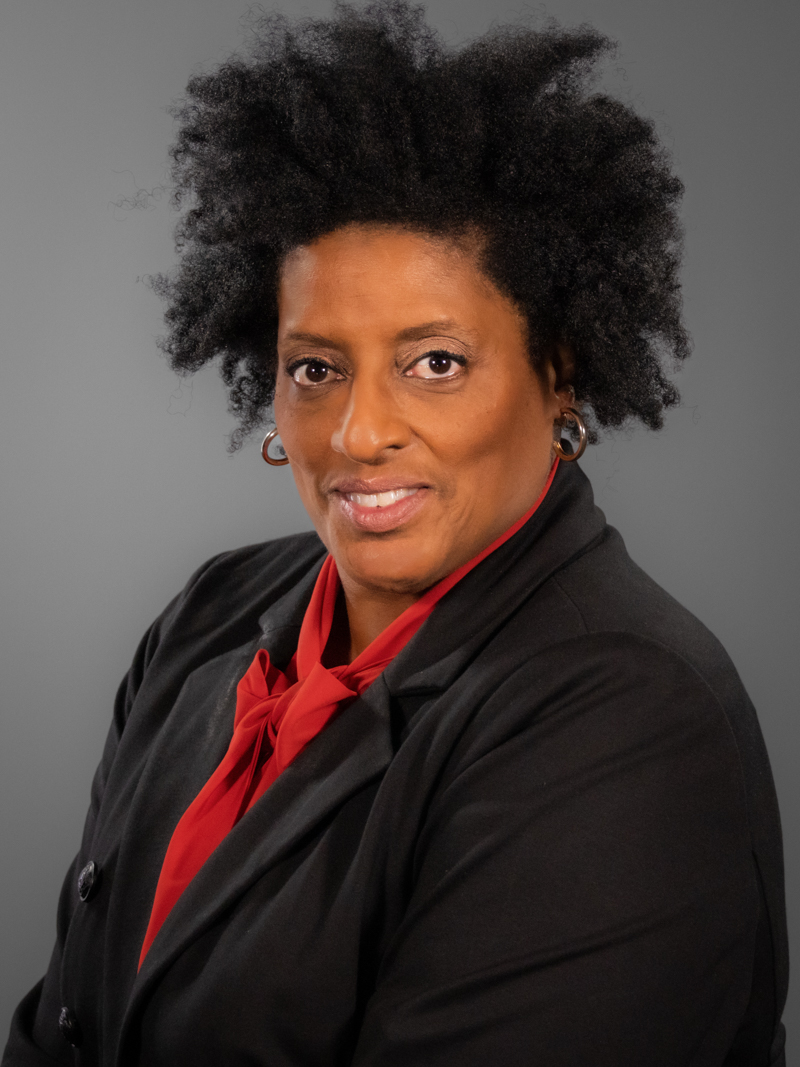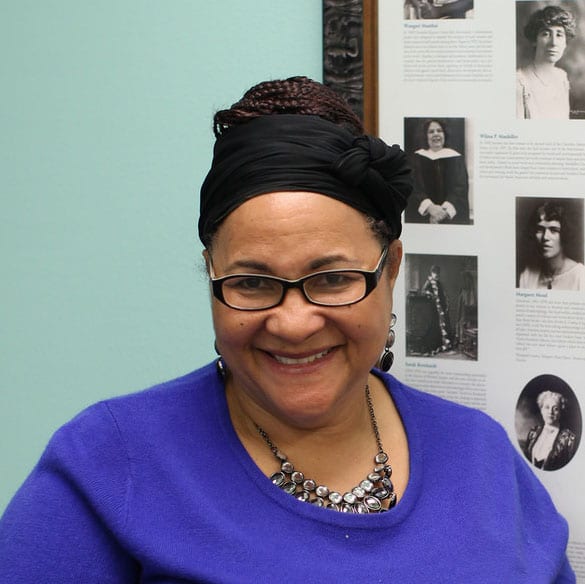Learn about our Workforce, Adult, & Lifelong Education (WALE) or Human Resource Development Programs
Virtual Information Sessions
- Monday, February 26, 2024, 6:00-7:00 PM
- Monday, April 22, 2024, 6:00-7:00 PM
- Monday, June 24, 2024, 6:00-7:00 PM
The information for connecting to the informational sessions is as follows:
Join Zoom Meeting
Meeting URL: https://tamu.zoom.us/j/96227877269
Meeting ID: 962 2787 7269
One tap mobile: US: +13462487799,,96227877269# or +12532158782,,96227877269#
Program Overview
The Educational Human Resource Development (EHRD) program with an emphasis in Workforce, Adult, & Lifelong Education (WALE) develops adult education practitioners who are critically reflective, student-centered and committed to social justice. Our programs prepare individuals to administer programs and teach adults in a variety of settings including:
- Community centers and colleges,
- Literacy centers,
- Healthcare facilities, and
- Workplace organizations.
The Ph.D. program requires:
- A minimum of 72 credit hours with a master’s degree, or
- 96 credit hours without a master’s degree.
This degree prepares individuals for professional work settings, as well as faculty positions in research universities. It also offers a variety of courses that allow students to emphasize in areas essential to a successful career in the field.
Admissions Deadline: December 1
To be admitted to a graduate program, you must apply to the EAHR department and Texas A&M University.
How to applyProgram Details
Degree: Doctorate (Ph.D.) in Educational Human Resource Development
Emphasis: Workforce, Adult, & Lifelong Education (WALE)
Degrees Offered: Doctor of Philosophy
Credit Hours: 72 hours with Master’s degree, 96 hours without Master’s degree
For a better understanding of your total cost of attendance (COA), please visit our cost and tuition rates webpage (https://aggie.tamu.edu/billing-and-payments/cost-and-tuition-rates). This webpage will provide you with an opportunity to review estimated COA information for undergraduate, graduate and professional students, as well as other resources such as the tuition calculator and billing and fee explanations.
Curriculum & Research
Frequently Asked Questions
How can I strengthen my application?
All prospective Ph.D. students are highly encouraged to meet with a program faculty member prior to applying to the program, to ask questions and ensure that it will help meet your goals. These meetings can also serve as opportunities for prospective students to find out what type of candidates the program is looking for.
Prospective students are encouraged to apply early, especially if they are wanting to be considered for awards, such as fellowships and assistantships.
Are GRE scores required?
No.
GRE scores are not required for applicants to the Ph.D. in Educational Human Resource Development (Adult Education) program.
How soon can I apply?
Applications for the Ph.D. program are accepted August 1-December 1, for the following Fall semester.
It is recommended that applicants submit all application materials in advance of the deadline to ensure a complete application when reviews begin.
How do I apply?
Completed Application
- A completed Texas A&M University GraduateCAS application.
- The name on your application must match your name as it appears in your passport.
- Application fee: A non-refundable $89 application fee for domestic applicants and $114 application fee for international applicants. The application fee may be paid by check, money order or approved credit card. Applicants who wish to pay by credit card may do so as part of the online application. If you are unable to pay the fee online, you may call the Graduate Admissions Office at 979-845-1060.
- Official transcripts and records: Submit official transcripts from all colleges or universities attended.
Note: You do not need to submit an official transcript from Texas A&M University. Learn more about submitting official transcripts.
How to Apply:
What types of funding are available to Ph.D. students?
Full-time Ph.D. students are eligible to apply for Graduate Assistantships. These assistantships pay for nine hours of tuition, as well as a monthly stipend. These assistantships range from assisting with courses, teaching undergraduate courses, or assisting with research.
Full-time students are also eligible to be nominated by faculty for a fellowship. These fellowships are competitive, so prospective students are encouraged to have their admission applications submitted early. They are also encouraged to meet with faculty members in the program to discuss their interest in the program, as well as being considered for an award.
Students who are not full-time can contact the Student Financial Aid office for other funding opportunities available to graduate students.
Advisors

Faculty

